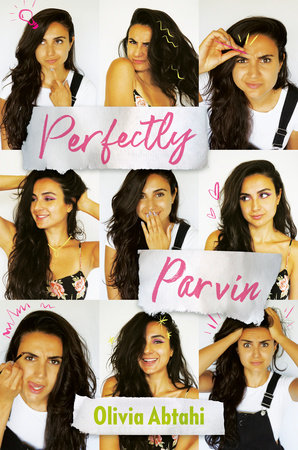 Mafi,Tahereh. This Woven Kingdom. Feb. 2022, 512 pp. HarperCollins, $19.99. (9780062972446). Grades 9 – 12
Mafi,Tahereh. This Woven Kingdom. Feb. 2022, 512 pp. HarperCollins, $19.99. (9780062972446). Grades 9 – 12
In the world of This Woven Kingdom, once powerful Jinn are living as second-class citizens to humans.
Alizeh is a Jinn; alone in the world at a young age, she works laborious jobs for humans in order to survive. Because of the actions of Iblees, who eventually became Shaytan (the devil), her people are collectively demonized, even at a truce with human beings, their powers are reduced, and they are subject to constant exploitation and threats of violence. Alizeh is additionally set apart from her people by the ice runs in her blood and identifies her as part of a larger prophecy that could lead to the liberation of jinnkind or the destruction of mankind. She lives in hiding and constant fear of being killed or used.
Heir to the kingdom of Ardunia, currently led by his grandfather, King Zaal, Kamran encounters Alizeh by chance. Immediately attracted to each other they grow close, but as plots are uncovered and more is revealed about Alizeh, their situation grows increasingly complicated and each must make irrevocable decisions.
Mafi’s prose is deliberately paced to build tension and intensity while building a rich fantasy world based on Islamic folklore and the Persian Shahnameh epic. Intended to be a multi volume series, Mafi skillfully builds the foundation for a tale that promises adventure, romance, and political intrigue. Alizeh is a formidable protagonist and readers will find themselves emotionally invested in her happiness.
The world of This Woven Kingdom is predicated on Islamic stories of jinn and the creation of humankind, with jinn having the same moral capability of humans to exercise free will and thought in which they choose to worship Allah. However, in many cultural contexts, jinn are associated with evil, and Mafi’s use and tying of the actions of Iblees and the properties of jinn and their abilities to the status of jinnkind is both intriguing and validating, moving this story beyond common tropes or retellings of western fairytales. Iblees moved into a villain role devoid of religious context still very much works for the story, while also having the reader examine and reflect on the irony of the lack of freewill the characters have at times, and the structures of power upon a subjugated people. Elements of Islam, Islamic practices, and culture (i.e. miswak used for oral hygiene) throughout the book are instantly recognizable to those familiar, though religion itself is never mentioned in the world. Instead, Mafi translates these religious concepts of Islam to a fantasy world setting impeccably and respectfully. This Woven Kingdom is an outstanding fantasy novel that feels fresh and swoonworthy, in a world accessible to any reader.
 This Woven Kingdom by Tahereh Mafi
This Woven Kingdom by Tahereh Mafi The Shape of Home by Rashin Kheiriyeh
The Shape of Home by Rashin Kheiriyeh Perfectly Parvin by Olivia Abtahi
Perfectly Parvin by Olivia Abtahi This review was originally published in the November/December issue of Horn Book magazine and can also be found on the
This review was originally published in the November/December issue of Horn Book magazine and can also be found on the